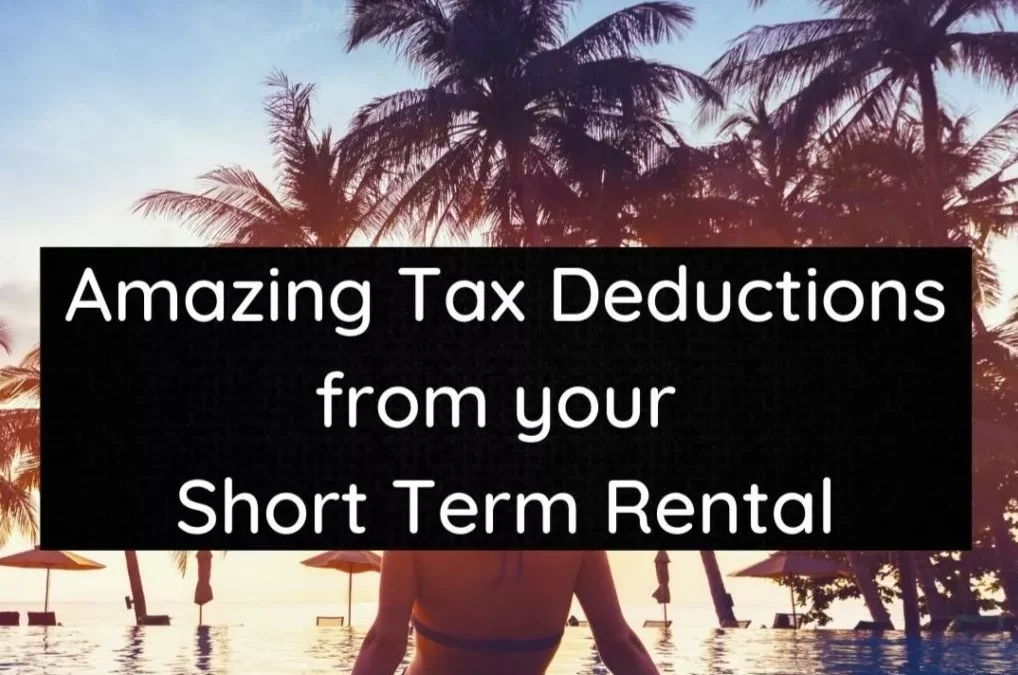The short-term rental market is booming, but many investors still need guidance on structuring their investments for tax purposes. Are you aware of the rental property tax benefits available to you?
Investors have a right to be confused and concerned about how these new rules will affect them. The short-term rental market is unique and needs to be carefully planned for tax planning.
Short Term Rental Property Tax Benefits
There are two types of short-term rental properties:
- “Business” Short-term rentals, and
- Passive Short-term rentals
Both classifications depend on the average rental days a tenant or patron stays at the property. Essentially, you are the owner of a ‘vacation hotel’ when the average stay at your rental property is for less than seven days. Typical rental property rules go out the window.
EXAMPLE (Calculating the Average Stay): The seven-day-or-less rule is applied with the ‘average’ taken over a year. For example, if you rent out your cabin 21 times during the year for 108 days, your average rental is 5.14 days and falls into the less than seven-day rental category. Reg.Section 1.469-1T(e)(3)(ii)(A)
Once an investor determines they have an average stay ratio of fewer than seven days, the question becomes whether or not the activity is reported on a Schedule C (as a business) or Schedule E (a rental property). This analysis comes down to the types of services you provide for the tenant while staying at your property: Substantial versus Insubstantial… both have pros and cons.
Need Help Determining Which Rental Activity is ideal for your tax situation or which rental property tax benefits you are eligible for? Schedule Your Free Assessment Here.

